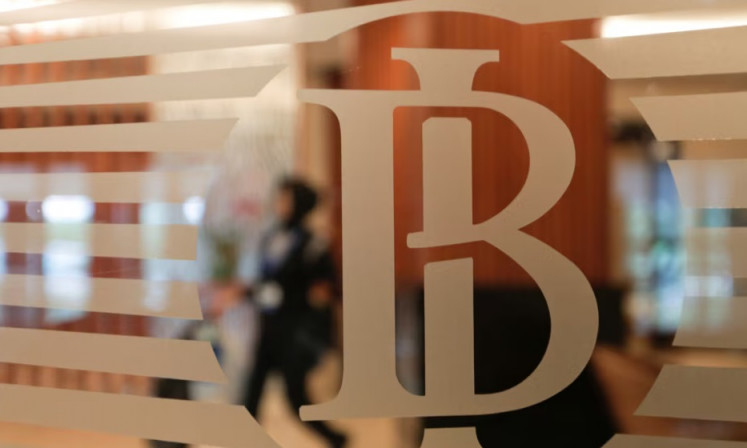Popular Reads
Top Results
Can't find what you're looking for?
View all search resultsPopular Reads
Top Results
Can't find what you're looking for?
View all search resultsBali businesses to capitalize on ACFTA
The newly implemented ASEAN-China Free Trade Agreement (ACFTA) could be a gold mine for business players in Bali should they make the most of the increasing influx of foreign products, an entrepreneurial organization said Sunday
Change text size
Gift Premium Articles
to Anyone
T
he newly implemented ASEAN-China Free Trade Agreement (ACFTA) could be a gold mine for business players in Bali should they make the most of the increasing influx of foreign products, an entrepreneurial organization said Sunday.
The Bali branch of the Indonesian Young Entrepreneurs Association (HIPMI) said that entrepreneurs
in Bali should see the agreement as an opportunity to expand their businesses.
“The free trade agreement will indeed pose some threats to businesses, but it also provides abundant opportunities,” said association head I Nyoman Seniweca.
He said the implementation of the ACFTA would mean lower prices for imported products from China, due to the elimination of import duties.
Businesses players in Bali, he said, could capitalize on the situation by creating new products from the Chinese manufactured goods.
“Business owners can import cheap materials or finished goods from China. And with the remarkable creativity of the Balinese people, I’m sure that they can create new products with Balinese
characteristics and then export them, including to China.”
Seniweca said the government should support local businesses in Bali by securing their copyrights.
“The government should help local businesses to obtain copyrights to avoid their products being imitated and mass-produced in China.”
This would be the best way to cope with the impacts of the ACFTA, he said, as it would be difficult for Indonesia to compete with China considering the wide disparities between the two countries in terms of resources and financial indicators.
“China has cheap energy, cheap workers and low annual interest rates. It’s impossible for us to compete with China in the same products,” he said.
He said that China’s interest rate of between 4 and 5 percent per year was very low compared to Indonesia’s 15 to 17 percent interest rate per year.
Gede Darmaja, head of the Bali Industry and Trade Agency, shared a similar view about the differences between production costs of Chinese and Indonesian manufactured goods, while stressing that local businesses in Bali could take advantage of the free trade agreement.
“China doesn’t produce wood crafts such as those produced by our entrepreneurs, and many of our
textile entrepreneurs import materials from China, so this condition is actually profitable for them,” Darmaja said.
He said that China has been an export target for Balinese products. The agency data shows that exports of Balinese products to China last year reached US$3.329 million, which accounted for 2 percent of the total export from Bali valued at $501 million.
The export of Balinese products to China has grown 0.39 percent per year, dominated by fishery products valued at $1.925 million (57.85 percent), and handicrafts with $774,284 (23.25 percent).
Balinese businesses also export fruit valued at $603,257 (18.2 percent), textile and textile products amounting $19,980 (0.6 percent) and vanilla beans $5,952 (0.18 percent).
Darmaja said the agency would continue to support local businesses to tap into the Chinese market to deal with the ACFTA.










